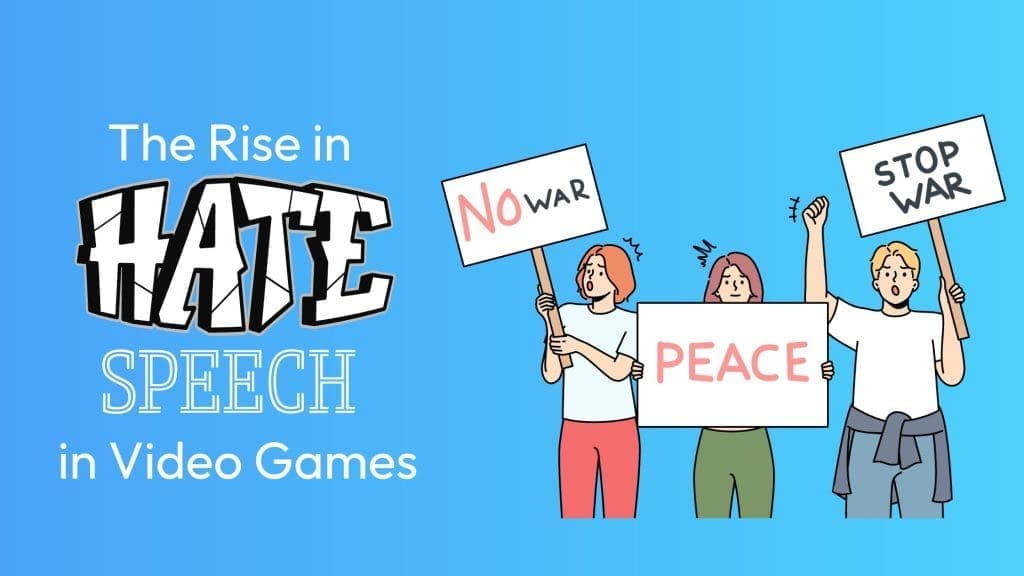In the world of online gaming, where virtual realms serve as playgrounds for millions, recent events have brought to light a troubling trend: the rise of hate speech targeting Jewish and Muslim individuals. Since the October 7, 2023, Hamas attacks, there has been a surge in anti-Semitic and anti-Muslim rhetoric in popular gaming platforms like Discord and Twitch.

Research on the Rise of Hate Speech in Gaming
According to research from the Center for Terrorism, Extremism, and Counterterrorism at Middlebury College, hate speech within the online gaming community spiked by approximately 186% following the October 7 attacks. Notably, while anti-LGBTQ hate speech remained relatively stable, the increase in anti-Semitic and anti-Muslim rhetoric indicates a significant impact of geopolitical events on online discourse.
Another study conducted in 2023 revealed disturbing statistics regarding harassment in online multiplayer games. Among teens aged 10-17, a staggering 75% reported experiencing some form of harassment, with 37% citing identity-based targeting, such as gender, race, or religion. This form of harassment, defined by the ADL as disruptive behavior aimed at an individual’s perceived identity, has become alarmingly prevalent, with 44% of post-October 7 games resulting in identity-based harassment.
The ramifications of this hate speech extend beyond the digital world. Research has shown a correlation between online hate speech and real-world violence, with incidents of hate crimes increasing by 60% since October 7, according to the FBI. This cycle of violence perpetuates itself, as online rhetoric fuels offline actions and vice versa.
The impact of hate speech on the mental health of players cannot be ignored. As noted by Kowert et al. (2024), over half of the direct targets reported increased anxiety. Many players indicate that they stop gaming or becoming toxic against other gamers.
Parents must engage in open discussions with their children about online safety and empower them to stand up against harassment when they encounter it by reporting instances of hate speech to the relevant platform the child uses.
It is imperative to understand that this type of speech is considered harassment and should be put to an end at the moment the children encounter it.